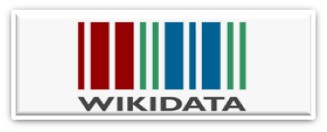Implementasi Dan Dampak Kebijakan Pemerintah Dalam Pengelolaan Serta Penanggulangan Sampah Plastik Dikota Batam
DOI:
https://doi.org/10.33884/dialektikapublik.v7i1.7308Keywords:
Implementasi , Dampak, Kebijakan, Pengelolaan, PenanggulanganAbstract
This study aims to describe the implementation of waste management policies by the Batam city government and waste management by establishing Regional Regulation No. 11 of 2013, as well as the impacts resulting from the implementation of plastic waste management and control policies in Batam city. The research method used is qualitative research method. Qualitative research is a research approach to study the state of natural objects based on post-positivist concepts, with the researcher as the main tool. Data collection techniques were carried out by observation, interviews, documentation. Other supporting data are taken from journals, literature, websites, and previous research.The results of the study show that the implementation and impact of government policies in the management and management of plastic waste in the city of Batam has been maximally implemented by the city government of Batam in providing the facilities required for waste management, such as pick-up cars, TPA, TPS, AND trash cans. Meanwhile, judging from public awareness related to the policy of managing and handling plastic waste in Batam City, public awareness is still minimal, which can be seen from the household waste that is transported at the TPA, there is no separation of various types of waste. As for the impact of the implementation of plastic waste management and recycling policies in the city of Batam, if implemented by the community, it will have an impact on environmental hygiene, public health, increase performance, and reduce environmental damage.
















